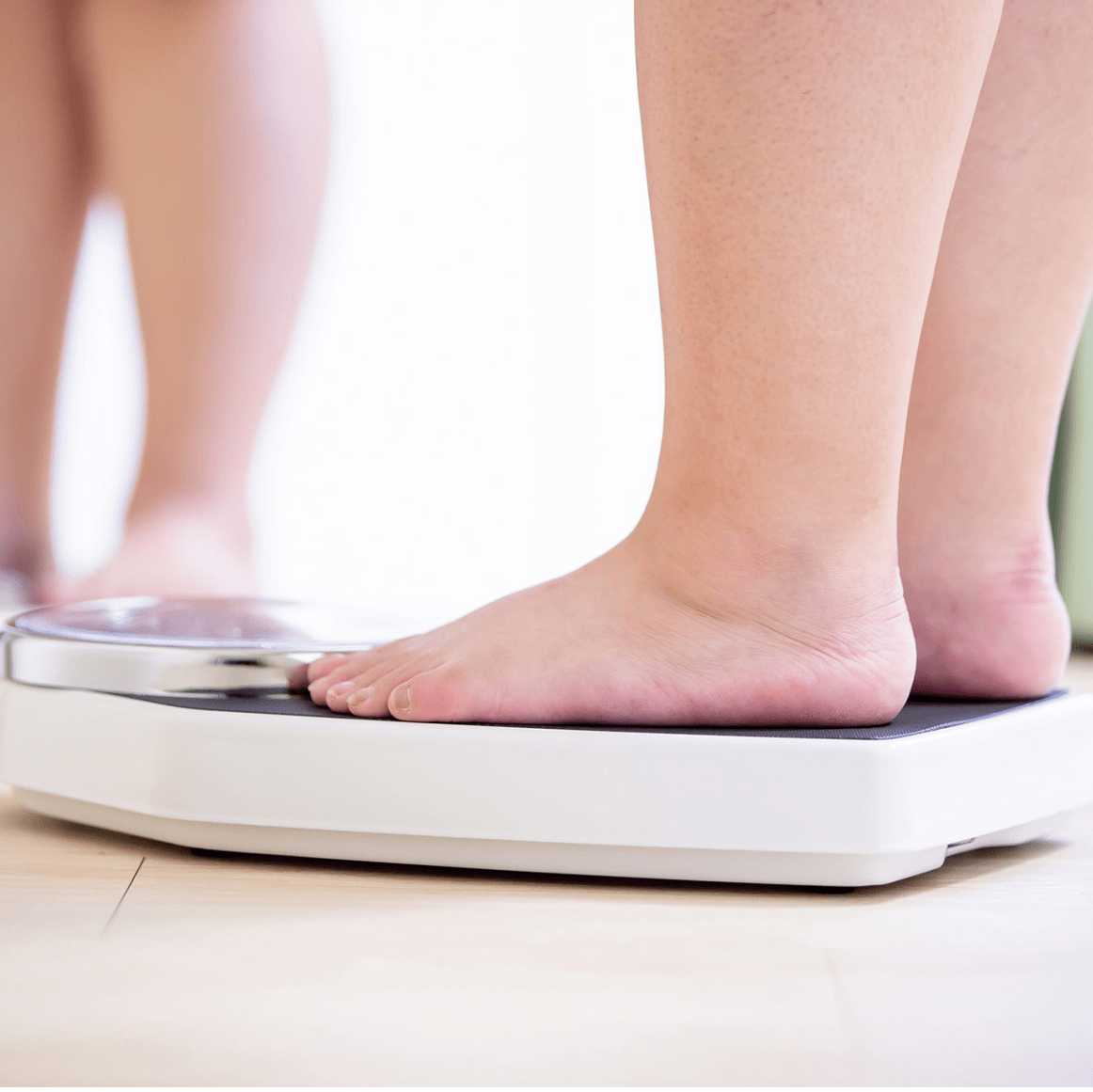How to Deal with Setbacks After Weight-Loss Surgery

April 26, 2021
When you’ve had weight-loss surgery, you expect to gradually lose a substantial amount of weight over a certain period of time. While many people do have this experience, others may face obstacles or experience setbacks which prevent them from reaching their weight-loss goals or which interfere with their quality of life.
For those who face setbacks after weight-loss surgery, it’s not uncommon to experience:
- difficulty losing weight
- acid reflux
- weight regain
- nausea, vomiting or diarrhea
“Some people may lose weight initially, then notice that they’re putting some of the weight back on, while others never lose the weight that they expected to lose,” says Dena Arumugam, M.D., FACS, bariatric and general surgeon at Jersey Shore University Medical Center. “Others may experience unpleasant, ongoing heartburn-like symptoms, or they may have digestive issues or feel unwell in other ways that negatively impact their daily lives which may cause them to experience a setback.”
It’s important to talk to your doctor about any setbacks when they arise, before they have the chance to snowball into larger problems. Your doctor should be able to help you improve your situation, either by suggesting lifestyle changes or with medical intervention.
When lifestyle changes may help
After weight-loss surgery, it’s important to follow your doctor’s advice about diet and exercise, in order to lose weight and maintain the loss. Some people initially follow their doctor’s advice and lose weight, then become less strict about eating healthily and getting regular physical activity, leading to regain.
If you’ve stopped losing weight, or if you’ve lost some weight and have begun regaining, honestly assess your habits to determine whether you’re meeting your recommended diet and exercise goals. If you aren’t, think about the possible causes and ways that you can correct yourself.
After enduring the pandemic for an entire year, you may feel overly stressed, which can impact eating, sleeping and exercise habits. If you can’t manage to get back on track on your own, talk to your doctor for advice.
When medical help may be needed
If your diet and exercise habits aren’t causing problems, schedule an appointment to meet with your doctor, especially if you’re unsure why you’ve stopped losing weight or why you’ve begun to experience acid reflux, nausea or diarrhea.
In some cases, your doctor may tweak your medications or prescribe new medicine. An unrelated health problem could be causing the symptoms, so your doctor may want to investigate other angles.
Sometimes, setbacks or symptoms may be caused by complications from the weight-loss surgery itself or its after-effects. For example, after lap-band surgery, a lap-band sometimes shifts or loosens, making the procedure less effective. And over time, some people who have had Roux-en-Y gastric bypass surgery – in which doctors convert the stomach into a small pouch – may stretch out the pouch by overeating, which can lead to weight regain.
Your doctor can assess what may be causing problems during an appointment by examining you and asking questions about your symptoms and habits.
Signs that you may need revisional surgery
Sometimes, a doctor may recommend an additional surgery to help correct something related to the first weight-loss procedure. This type of revisional surgery isn’t recommended for everyone.
You and your doctor may want to consider revisional weight-loss surgery if:
- you didn’t lose the expected amount of weight after surgery
- you regained a significant amount of the weight that you lost after surgery
- your BMI has reached the 35 to 40 range again, which is the range for weight-loss surgery
- your doctor attributes your acid reflux to complications from weight-loss surgery
Next Steps & Resources:
- Meet our source: Dena Arumugam, M.D., FACS
- To make an appointment with Dr. Arumugam, or a doctor near you, call 800-822-8905 or visit our website.
The material provided through HealthU is intended to be used as general information only and should not replace the advice of your physician. Always consult your physician for individual care.
Top 3 Weight-Loss Surgery Myths

Aram E. Jawed, M.D., bariatric surgeon at JFK University Medical Center clarifies misconceptions about weight-loss surgery.
How Weight Impacts Heart Health

Cardiovascular diseases, such as heart attack, stroke and aneurysm, are a leading cause of death in the United States.